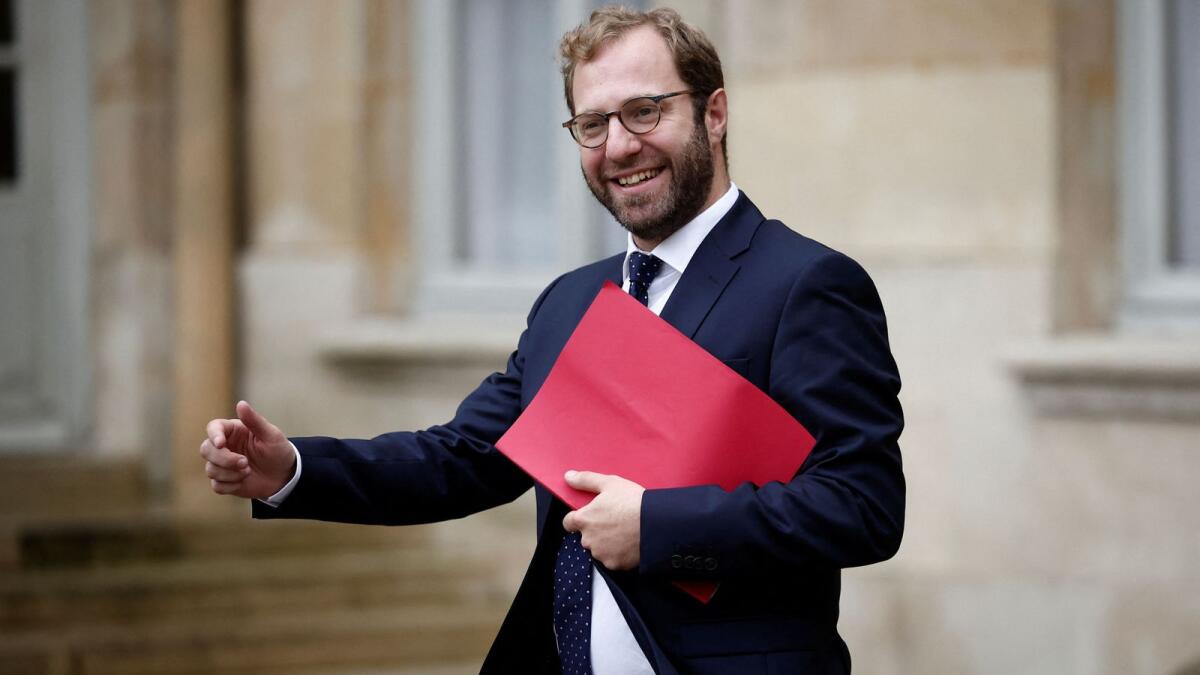France is facing significant challenges when it comes to public finances, with one of the worst deficits in its modern history. The newly-appointed French Economy, Finance and Industry Minister, Antoine Armand, has confirmed that new taxes on the wealthy and big businesses are being considered to address the situation. The deficit is expected to reach 5.6 per cent or more of national output this year, which is almost double the European Union limit. Armand mentioned that he will be engaging with economic stakeholders, including unions and bosses’ organizations, to find ways to reduce government overspending.
The new government, led by conservative Prime Minister Michel Barnier, is preparing to present a 2025 budget that includes measures to repair public finances. However, the government faces challenges in the parliament, which is divided after July’s snap election, with the NFP left alliance and the far-right National Rally (RN) posing a potential threat. Barnier has hinted at targeted tax rises on wealthy individuals and large companies as part of the plan to improve the fiscal situation. The draft budget is expected to be presented early next month, as Macron took longer than usual to appoint a new government chief.
The decision to increase levies represents a departure from the previous tax policies under seven years of Macron-led governments, which focused on reducing taxes on companies, housing, and wealth to stimulate economic activity. During Macron’s tenure, the tax take was reduced by around two percentage points of GDP according to national statistics agency INSEE. While the move to increase taxes is a significant shift, economist Thomas Philippon emphasizes the need to balance it with efforts to reduce spending to avoid further deficits.
The head of bosses’ federation Medef, Patrick Martin, has expressed openness to discussing tax increases as long as the state makes a more significant effort to reduce spending. Finance Minister Armand reiterated the importance of ensuring that any potential taxes do not hinder growth or job creation. He emphasized that the government’s focus is not to burden working people or the middle class with additional taxes but to consider contributions from individuals with significant wealth who may not currently pay their fair share in taxes. Armand’s goal is to navigate the tax policy in a way that benefits the economy while also addressing the fiscal challenges faced by the country.










